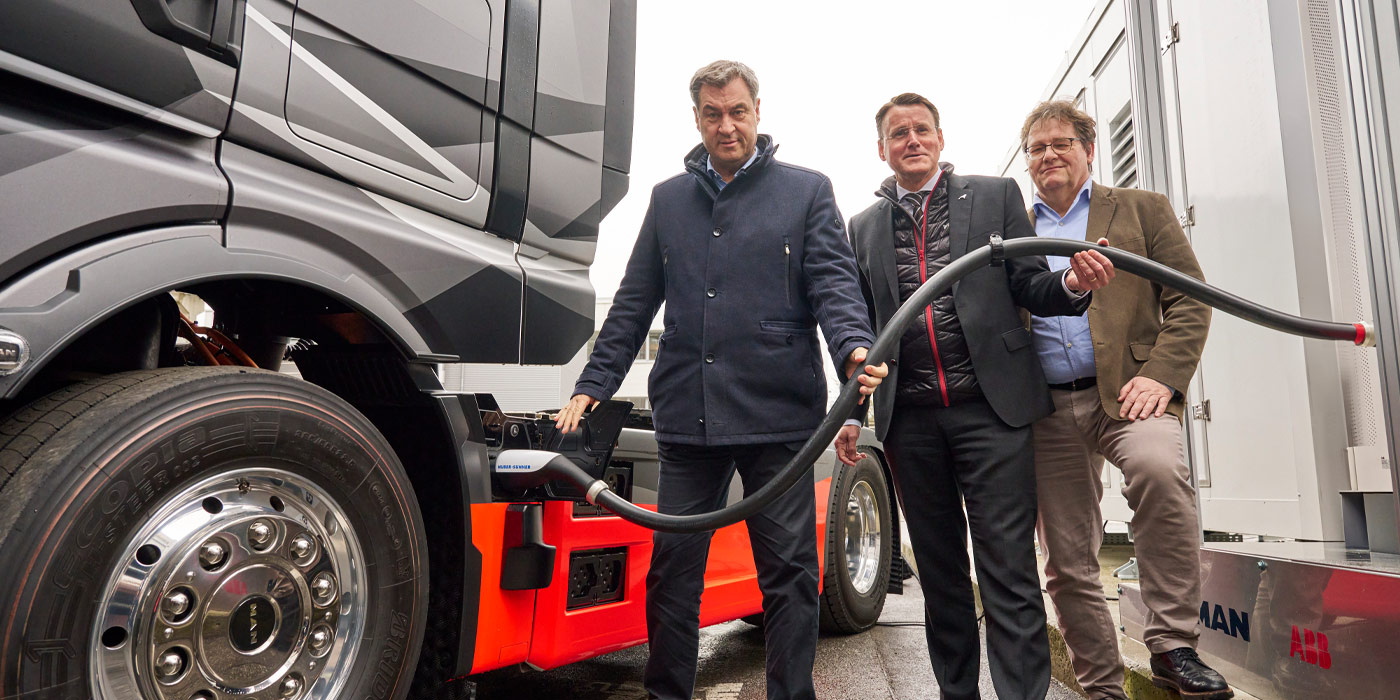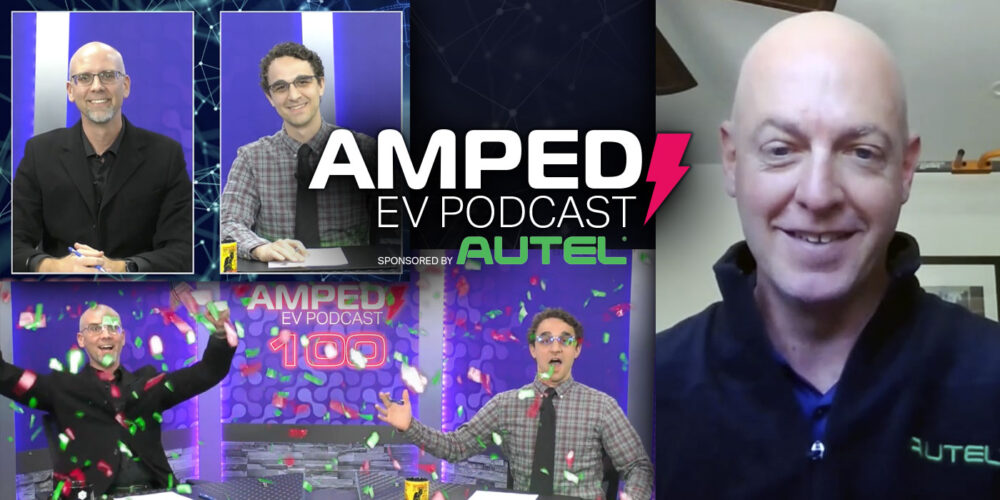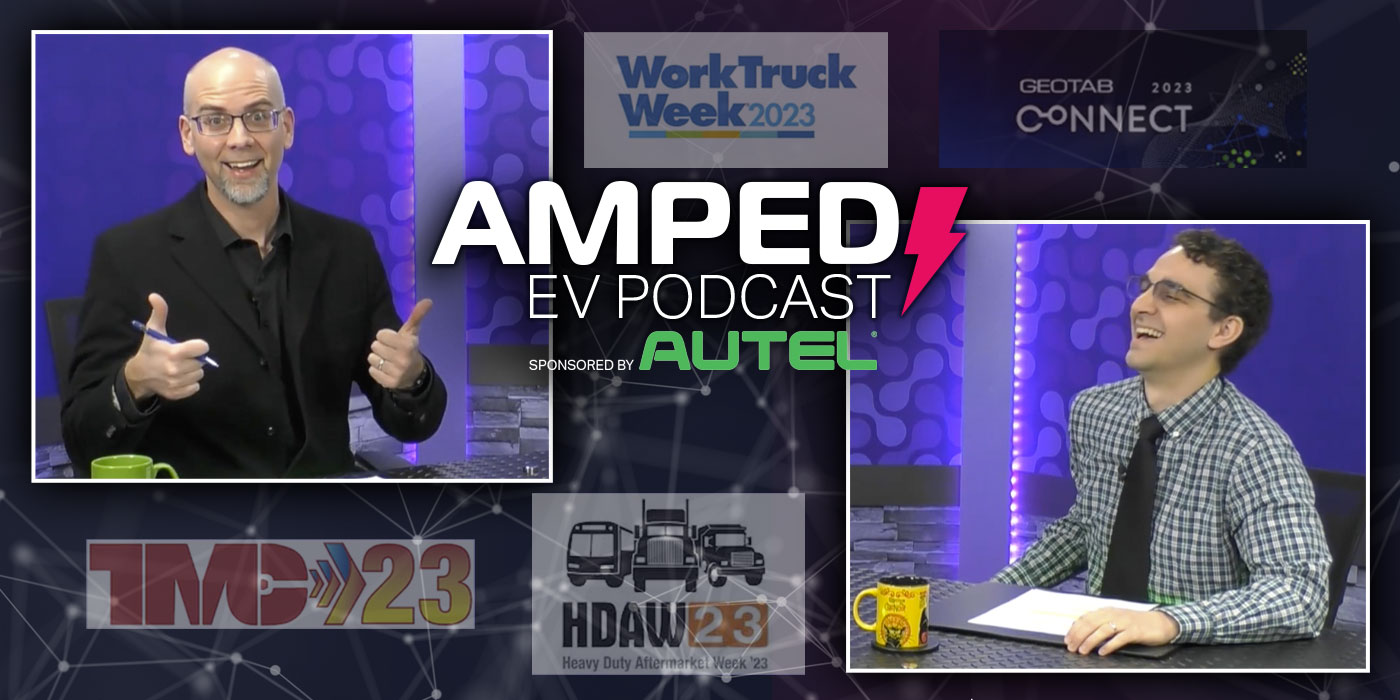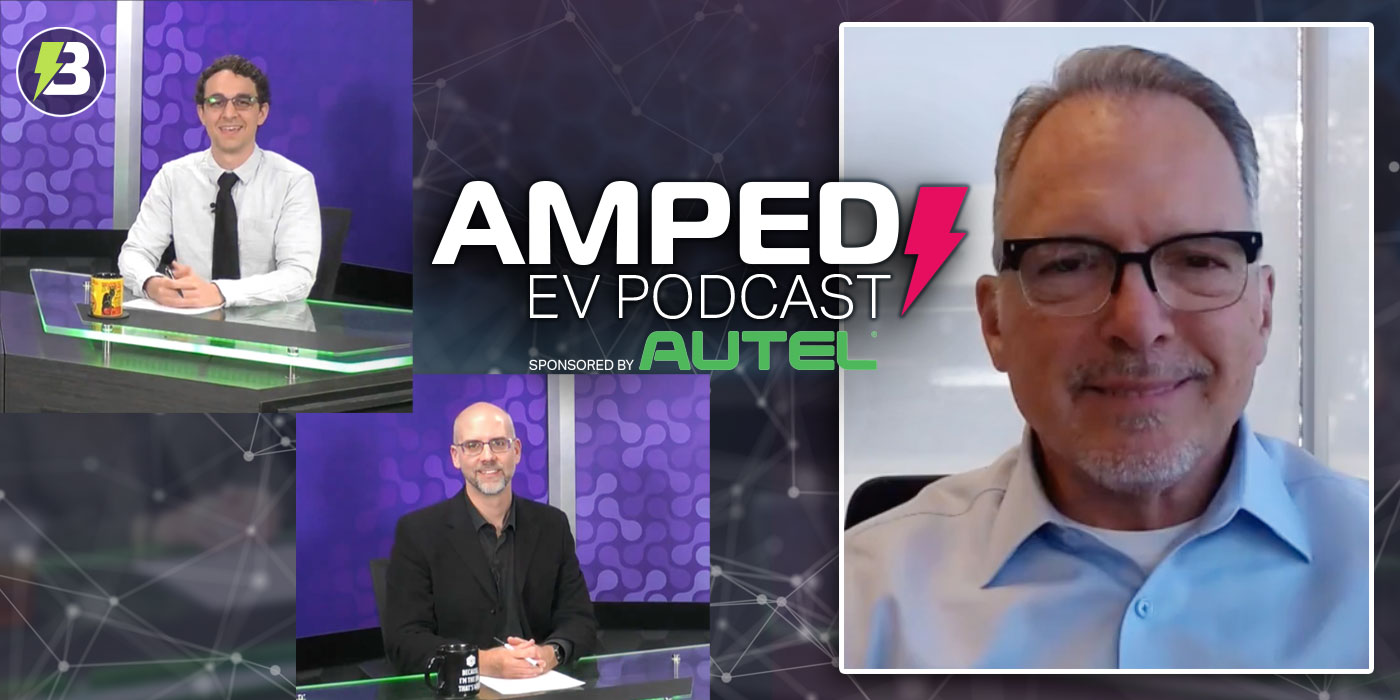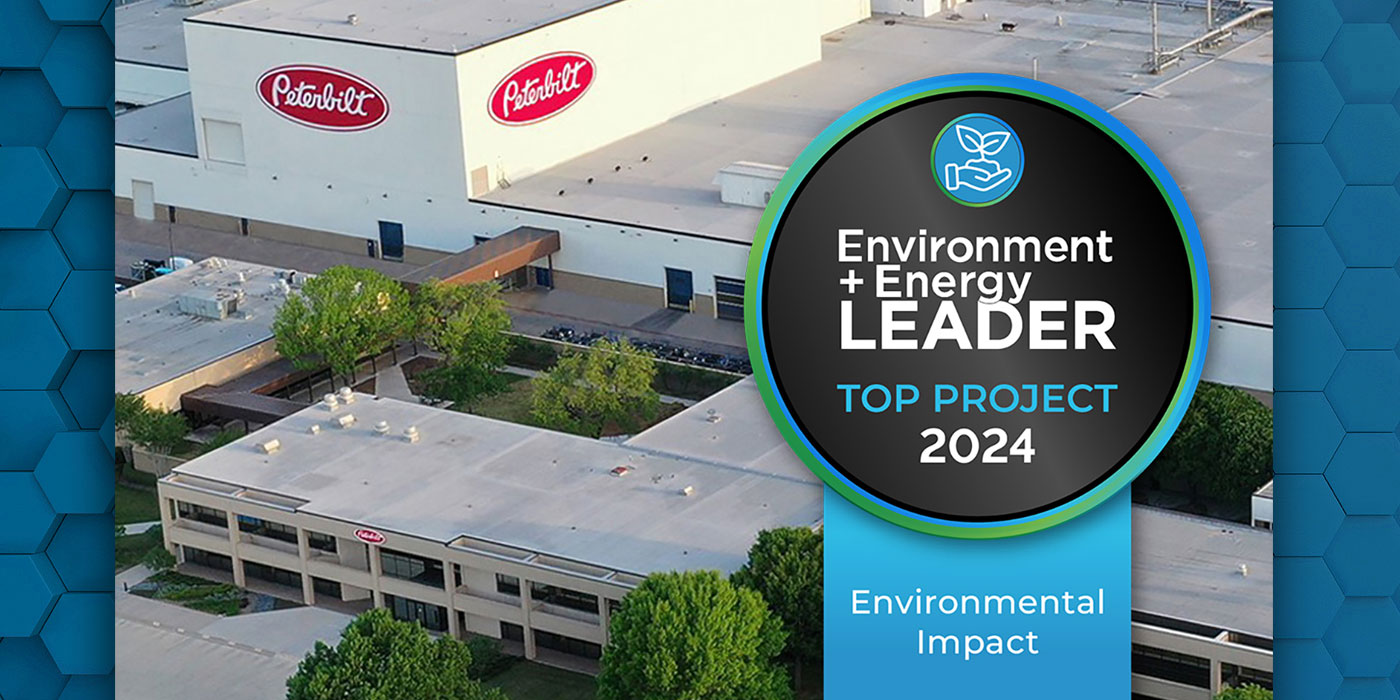School bus routes would seem to lend themselves to battery electric operation really well. In the early pilot phases of battery electric vehicles, OEMs touted the lessons learned through electric school bus deployments that could be brought to the commercial trucking market. Well, class is in session. Electric school buses are rolling and to understand how that reality impacts a school district’s fleet operation, the Amped EV Podcast connected with Rick Grisham, transportation director, Richland County School District One in Columbia, S.C., the 11th-largest school district in South Carolina, and Mabel Feng, director of product management, Proterra.
“Proterra is a company that has a history of delivering clean transportation solutions. We have had our own electric buses on the road for over 10 years,” Feng said. “With U.S. manufacturing facilities on both coasts, our almost 1,000 electric buses have ran 30 million miles. In addition to that, powering over a thousand vehicles with our core battery products.”
“Electrification has a big wave of financial support coming in the next five years,” Grisham said, “and we feel like we have helped set the stage for our state and assisted our state department’s with new laws and rebates. [The electric bus] is super quiet and we joke that the only disadvantage we see with an electric bus is that kids will be getting out of bed late because they won’t hear the bus coming through the neighborhood.”
The school district has 16 battery electric buses coming its way that will join a lineup of buses that include diesel and propane fuel types. A mixed fuel source fleet was a strength, according to Grisham, and he has big plans for electric buses. Watch the video above for the full story on how the school district is planning to utilize its Proterra electric buses.


